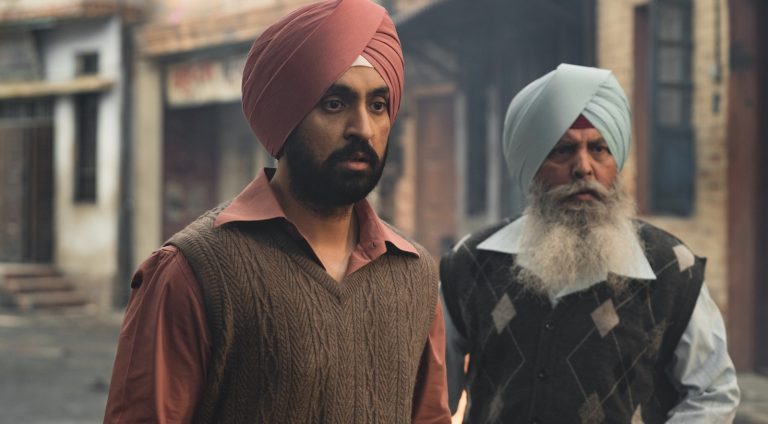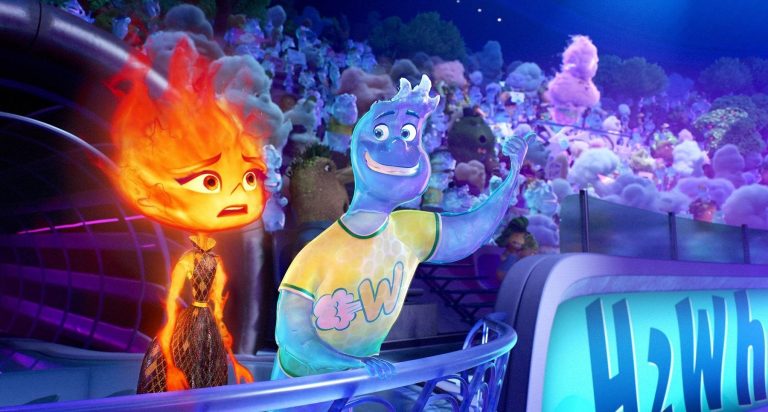What ought to become of society when a member or two, take it upon themselves to cleanse society of all they consider filth, for the sake of the greater good? For the sake of God and the lost lives of martyrs? What is most likely to happen when that member/members consider it their life’s purpose to not just feed their God Complex but also, to channel their inner messiahs, to save the holy land and the ‘believers’? When they start considering it beyond merely the purpose of their lives but strictly as their duty; what happens to the people that are forced to succumb to such depravity? ‘If not me then who’ plays on their minds over and over again.
When the need for sustenance becomes the very reason for the missed opportunity to allow oneself that one extra breath to life, what is one supposed to do? What is a society supposed to feel when the killer murders the victims in the most religiously justifiable manner? What do you feel when a person is strongly under the impression that they’re not just waging a lonely holy war but additionally, is doing you a favor that you hadn’t asked for?
When what you’re led to believe is, you can sleep peacefully as a pious and virtuous person because he is scouring the streets at night, doing the dirty job for you. How do you tame the shrew when he fails to fear death? How do you save the young from following the delusional footsteps of their elders? And how do you save yourself when you’re watching the unraveling of society in front of your eyes and your hands are tied because it is a retrospection?
Some of us might sit on a pedestal, patting our backs, feeling as though we come from a land far more progressive than the one that’s passing us on our screens but is that so? Ali Abbasi’s “Holy Spider” fills you with disgust towards what appears as tomfoolery but leaves you feeling avenged towards the end and how. That was/is the universe of the ‘Spider Killer’ of Mashhad, Iran. While I acknowledge that the screenplay is not what one might consider ‘grisly’ per se the psychological impact is certainly hard-hitting.
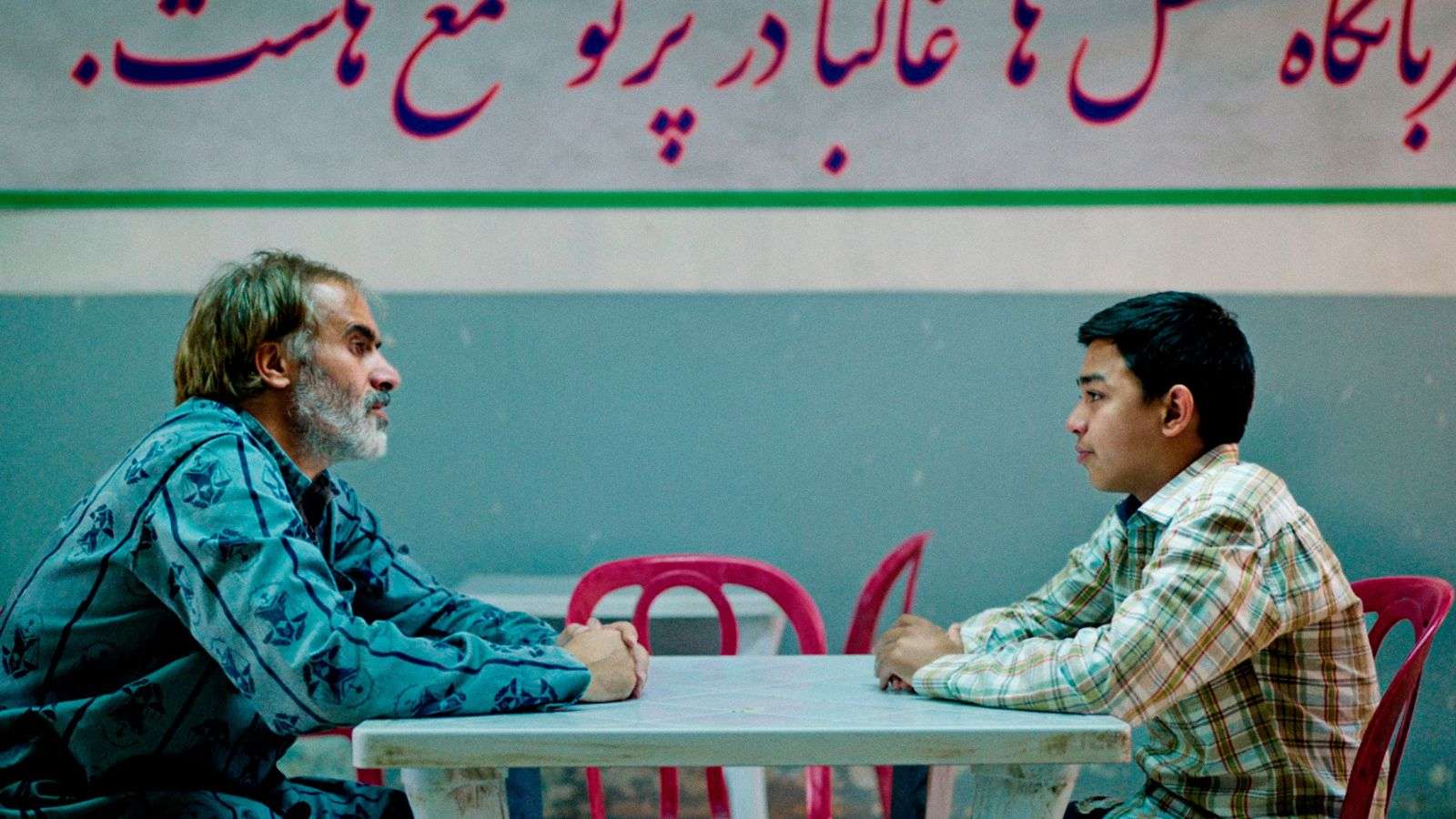
Denmark-based Iranian filmmaker, Ali Abbasi’s “Holy Spider” (“Le Nuits de Mashhad” is a depiction of the construction worker and war veteran, Saeed Hanaei (played by Mehdi Bajestani and wonderfully so) who infamously strangled 16 sex workers between 2000 and 2001 to “cleanse” his hometown which is a spiritual hub for the Shiite Muslims and a site of their pilgrimage. The Imam Reza Shrine contains the remains of Ali al-Rida, the eighth imam of Shia Islam, and is also the largest mosque in the world, by area. Before the 9th century, Mashhad was merely a small, insignificant village however, after the death of Imam Reza and post-1501 (during the reign of Shah Ismail I of the Safavid dynasty) and after Nader Shah made Mashhad his capital, the then-village flourished into a city attracting thousands of pilgrims every year.
Many soldiers have lost their lives toward turning Mashhad into the city that it was during the time of Hanaei and is now. To honor the same, one might expect society to desire a strict punishment for the said individual (Saeed Hanaei, the ‘Spider Killer’) but as it might have been in a fictional plot twist, the hard-lining Shiite Muslims supported him fervently, making a prodigious example of his ‘service’ towards them. It leads one to wonder: how do sex work, drug trade, and mindless slaughter exist/flourish in a holy city inhabited by hundreds of thousands and visited by far more?
Also Read: Holy Spider (2022) Movie Ending Explained
The film tackles the fascination of the viewer by showcasing the various forms of ‘unethical’ behaviors of the pious living in a holy city and visiting the shrine every week, thus going on a mini-pilgrimage as and when possible. Theology believes, that on undertaking a pilgrimage, one’s body and soul are purified of sins thus, rebirthing the individual; or in other words, rewarding a new life.
Hanaei, however, murdered every week and went on a pilgrimage to wash his hands off of what is considered a cardinal sin in Islam: depriving one of their life. A prominent religious cleric tells the central character, a female journalist from Tehran covering the case, ‘a fatwa is an opinion and not an order.’ As the audience starts to believe in the coexistence of reason with religion, the ending of the movie displays the farce in the aforementioned statement when an elaborate orchestration of Hanaei’s getaway from the hanging rope is arranged. Had all gone right for the Spider Killer, which it didn’t, he might have lived a long life of crime and imagined retribution.
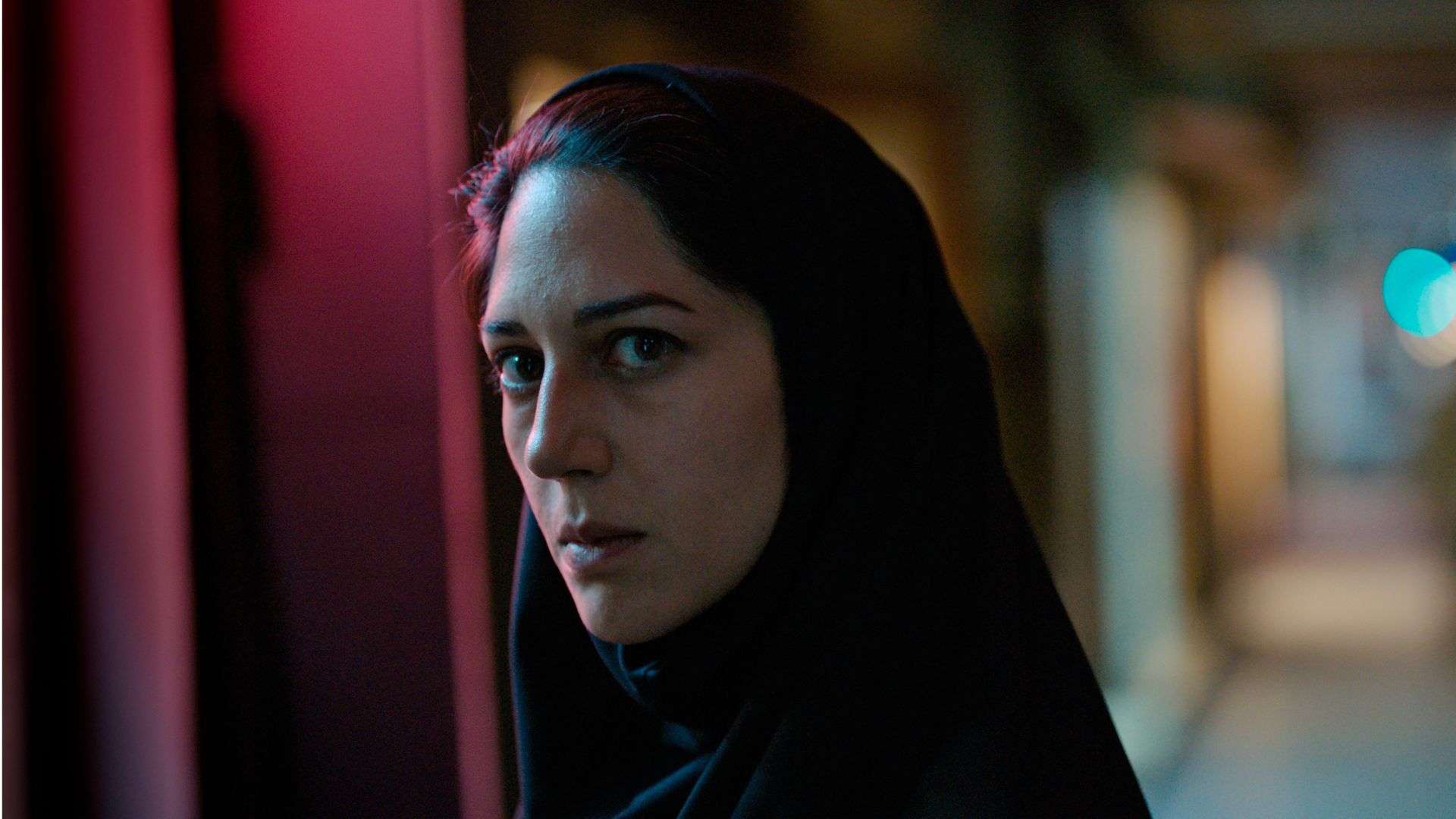
Lastly, this is not an ideal movie for the under-aged for a couple of reasons: the rampant use of strong language, graphic depiction of smoking opium, nudity, and remnants of sexual violence on the faces and bodies of sex workers but most importantly because the director is obsessed with Saeed’s character. While Abbasi had the choice of exploring the state of poverty in Mashhad’s society then, the pressure put on women to make ends meet for their families, and the imminent suppression/oppression of women, he chose to elaborate on the Spider Killer in every possible way; making it a biopic on the killer instead.
His messaging seemed to be primarily through the lens of Hanaei’s character. After a certain stage in the film, it seemed as though Abbasi was attempting to make the killer seem like an admirable character which I personally believe is problematic messaging.
In a certain sense, it might be seen as Abbasi crossing a line towards empathy with the character making me, as an audience, doubt his intentions. There was a conscious attempt at making the character appear to be a ‘good’ man with him crying at the shrine, praying 5 times a day, working at his job diligently, killing as humanely as he possibly could, shrouding the body before discarding it, never being attracted to another woman except for his wife, being a kind and present father to his children, informing the crime reporter in Mashhad’s largest newspaper of the locations of the dead bodies, feeling what appears to be genuine sympathy and empathy towards the unalive bodies as though his work was taking a heavy toll on conscience but ultimately, that was a necessary evil, etc.
In the film, there were several instances where different law-upholders alongside the other members in his immediate society, did nothing to stop him as it truly was seen as an act of societal cleansing. The audience starts to believe that perhaps, Abbasi was of the same opinion and hence, children or viewers unaware of alternate messaging (what one derives from a scene as opposed to what they view) might be influenced by what they see as opposed to what they must interpret. The act of misogyny shrouded in society as well as by Hanaei seemed grossly underrepresented. Imam Ali said, ‘Every man must face what he avoids,’ a truth reflected in the life of Saeed Hanaei, Mashhad’s notorious ‘Spider Killer,’ who could neither save others nor himself.

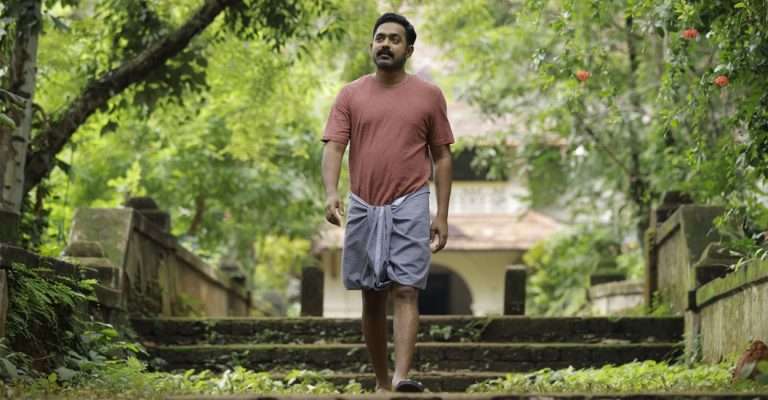

![This Is Not a Comedy [2022] Netflix Review: A resonating dark comedy dipped in melancholy](https://79468c92.delivery.rocketcdn.me/wp-content/uploads/2022/01/This-Is-Not-a-Comedy-768x432.jpg)

